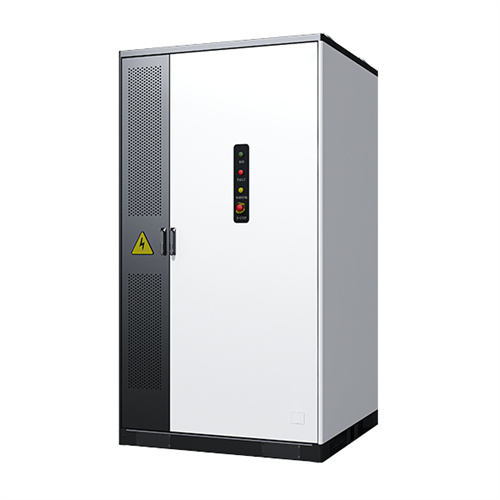About Grid energy storage technology cost and performance assessment
As the photovoltaic (PV) industry continues to evolve, advancements in Grid energy storage technology and performance assessment have become critical to optimizing the utilization of renewable energy sources. From innovative battery technologies to intelligent energy management systems, these solutions are transforming the way we store and distribute solar-generated electricity.
When you're looking for the latest and most efficient Grid energy storage technology and performance assessment for your PV project, our website offers a comprehensive selection of cutting-edge products designed to meet your specific requirements. Whether you're a renewable energy developer, utility company, or commercial enterprise looking to reduce your carbon footprint, we have the solutions to help you harness the full potential of solar energy.
By interacting with our online customer service, you'll gain a deep understanding of the various Grid energy storage technology and performance assessment featured in our extensive catalog, such as high-efficiency storage batteries and intelligent energy management systems, and how they work together to provide a stable and reliable power supply for your PV projects.
Related Contents
- Performance of battery energy storage system in weak grid
- Cost of grid scale electrochemical energy storage
- Compressed air energy storage systems for stand alone off grid
- Wholesale 2kw 5kwh energy storage off grid solar power system
- Snl 2010 energy storage for the electricity grid
- Off the grid energy storage
- Grid scale energy storage 意味
- Smart grid energy storage technologies
- What are impediments to the deployment of grid energy storage
- Grid scale energy storage companies
- Rusty batteries could greatly improve grid energy storage
- Large scale grid energy storage uk noise from battery


